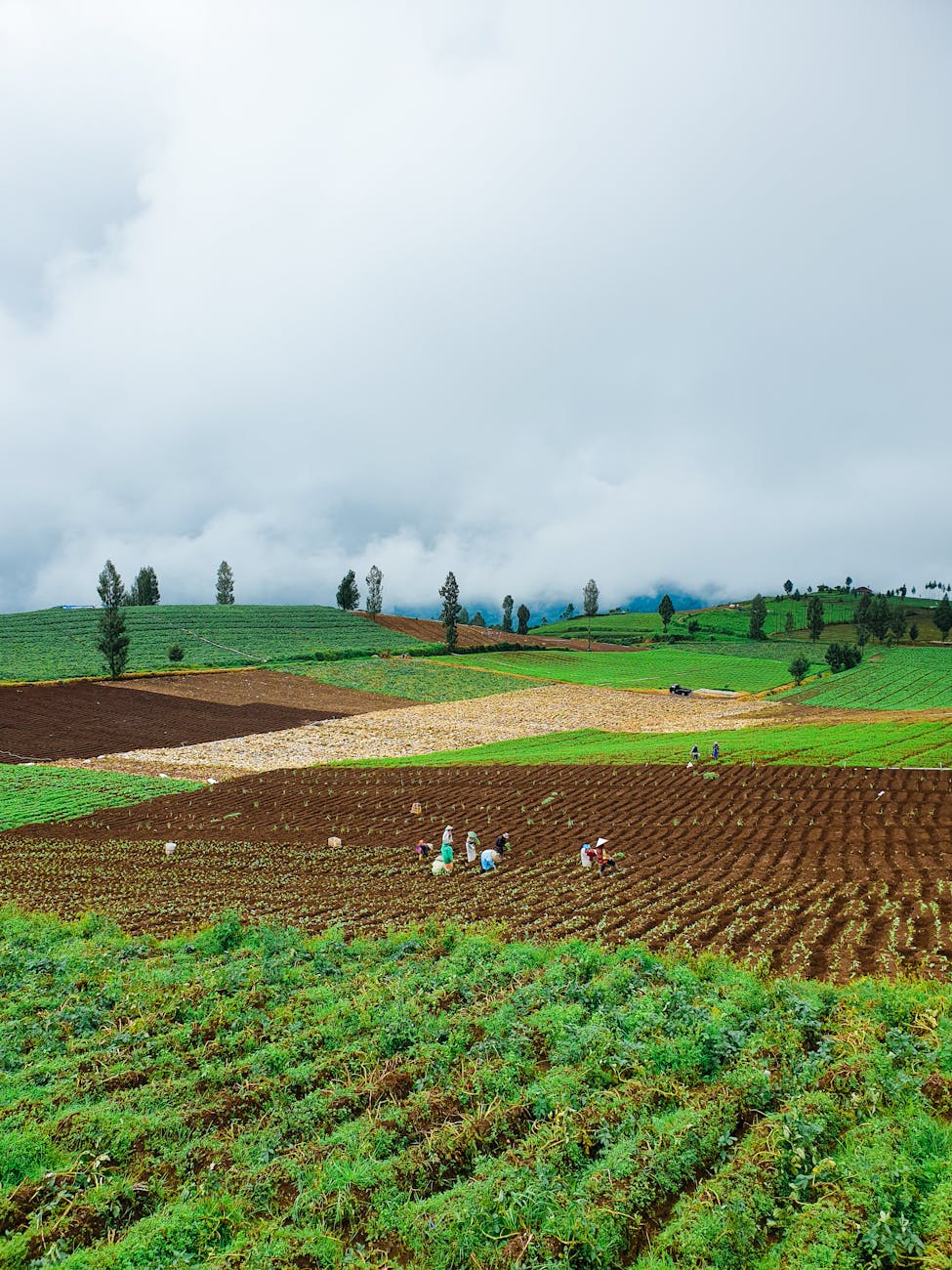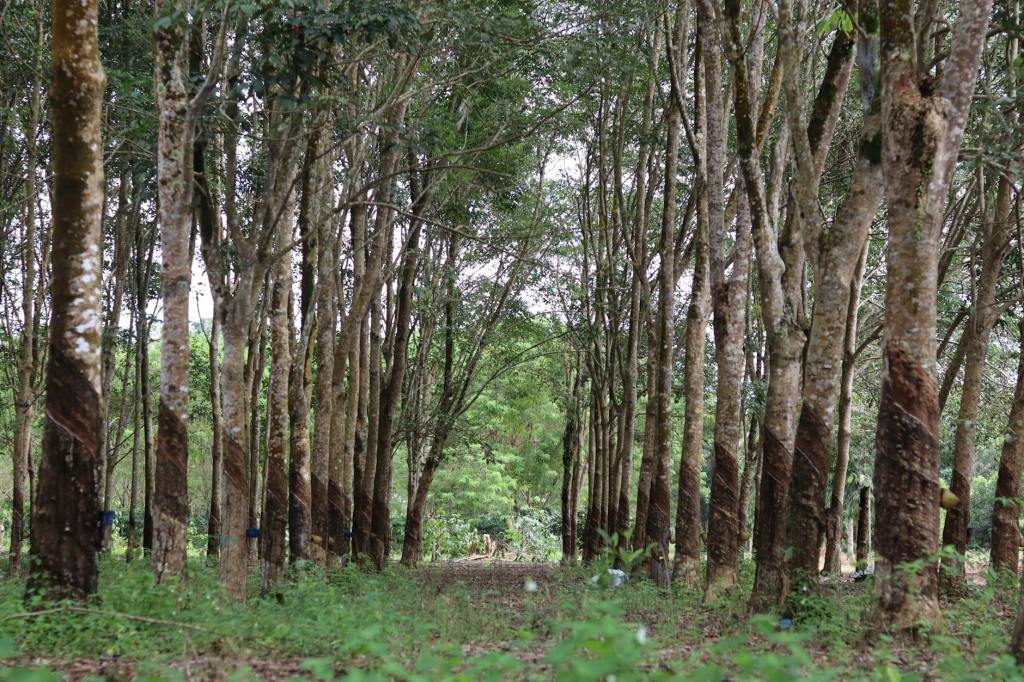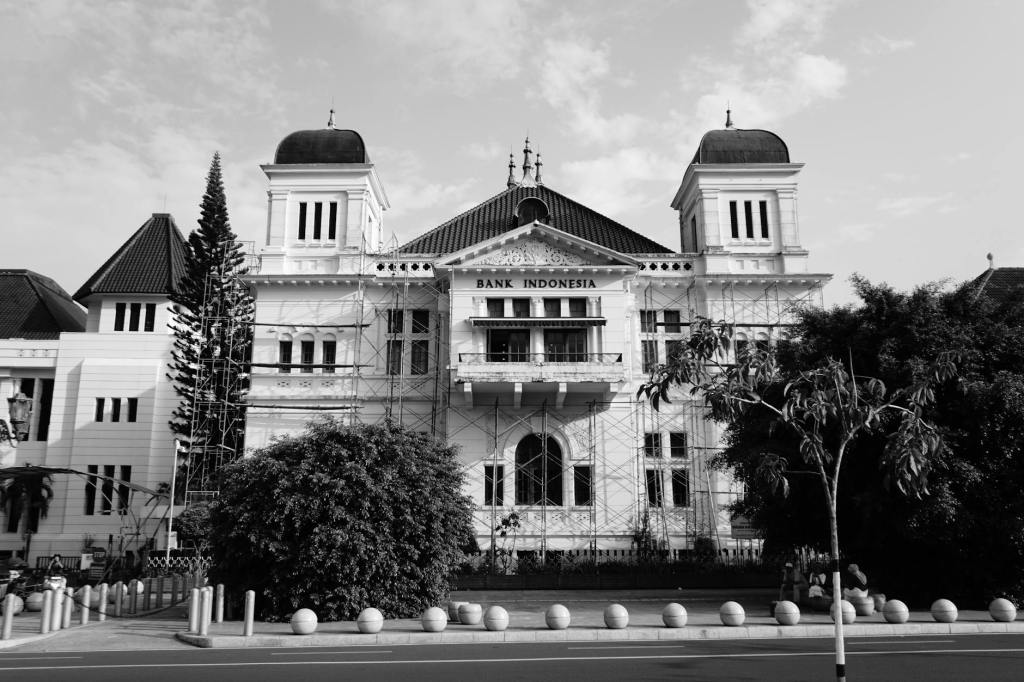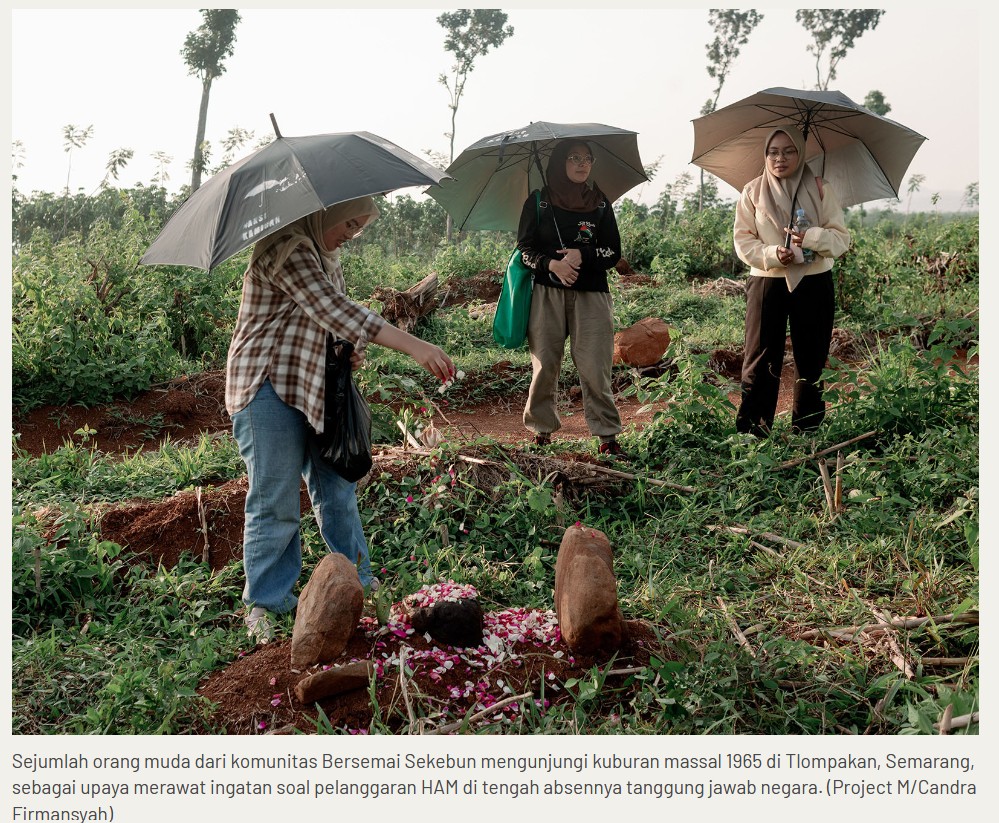After the Freeport Copper Smelter Commences Operation
By Vindry Florentin for Koran Tempo, June 28, 2024
The new Freeport copper smelter needs support from the domestic downstream industry. Domestic absorption of processed copper remains minimal.
The furnace at PT Freeport Indonesia‘s new smelter in the city of Gresik, East Java, commenced operations yesterday, June 27, 2024. Over the next six weeks, the furnace will be operated up to a heat of 1,400 degrees Celsius in order to start processing copper concentrate. “We aim to begin producing copper cathode by mid-August,” said Tony Wenas, President Director of PT Freeport Indonesia, during the smelter’s commissioning yesterday.
The facility has been long-awaited. PT Freeport Indonesia committed to establishing a copper processing facility in 2018 as a condition for the extension of its mining license in Indonesia. The project was originally scheduled for completion by the end of 2023, but the company has cited delays due to the COVID-19 pandemic in 2020, pushing the target completion back to May 2024.
For the initial production in August, PT Freeport Indonesia will be able to use only half the plant’s capacity, which can process 1.7 million tons of copper. Tony noted that the single-line smelter, the largest in the world, will reach optimal operations by December 2024.
Together with the plant operated by PT Smelting, PT Freeport Indonesia’s smelter will purify 3 million tons of copper concentrate annually, producing around 600,000 tons of copper cathode, 50 tons of gold, and 200 tons of silver each year.

According to Tony, there is already significant interest in the processed copper concentrate. He projects that global demand for copper will increase, particularly to support the energy transition that has recently gained momentum worldwide. “Seventy percent of the world’s copper is used to transmit electricity, and countries are now racing to transition to sustainable energy, which requires a substantial amount of copper,” he said.
Tony also sees opportunities to market the products domestically. Transport costs would be cheaper than exporting, and rising demand would signal the progress of downstream copper processing in Indonesia.
However, domestic absorption of processed copper remains low. Haykal Hubeis, Secretary General of the Association of Processing and Refining Industry Companies, stated that the downstream [copper] industry is not well developed. Copper cathode is needed in various industries, such as electronics, automotive, telecommunications, and electricity. “Regulatory complexities, frequent changes, perceived inconsistencies, and a lack of incentives compared to neighboring countries are contributing factors,” he said. Competitive pricing with imported copper cathode also poses a challenge.
Haykal hopes the government will take steps to boost domestic market absorption. This could include providing incentives like tax breaks and subsidies to encourage downstream industries to use copper as a primary raw material. “Also, focus on strengthening supporting infrastructure and simplifying regulations and bureaucracy to facilitate investment in downstream sectors.”
Rizal Kasli, Chairman of the Indonesian Mining Experts Association, warned that underdeveloped industrialization risks hampering the absorption of processed copper concentrate domestically. “These materials should be further processed into finished products, such as electrical cables and copper pipes, which are currently largely imported,” he said.
The existence of downstream industries would reduce reliance on imported raw materials. Amid the weakening rupiah, import-oriented businesses might struggle to continue production as raw material costs rise.
Fahmy Radhi, an energy economist from Gadjah Mada University, emphasized the government’s crucial role in fostering downstream industries. “True downstreaming occurs when an interconnected ecosystem is formed from upstream, not just processing into copper cathode,” he said.
With this strategy, Indonesia could fully reap the added value of copper processing. Fahmy suggested that the government could design the growth of downstream industries by banning exports of concentrate and copper cathode.

Industry Minister Agus Gumiwang sees potential for increased domestic absorption of processed copper concentrate. According to the Indonesian Electrical Cable Manufacturers Association, Indonesia has the capacity to produce 450,000 tons of cables and rods annually. The domestic market demand is currently met by PT Smelting, a PT Freeport Indonesia subsidiary, which produces 300,000 tons of copper cathode and imports 186,000 tons. Another opportunity arises from a new copper foil plant in Gresik by PT Hailiang Nova Material Indonesia.
Agus noted that the government has drafted a national development master plan focusing on the development of copper alloy and brass sheet industries. Starting next year, the government plans to boost production capacity to meet rising market demand, including the copper needs of the electric vehicle industry, he told Tempo yesterday.
Investment Minister Bahlil Lahadalia said his team is working to attract investors to build supporting industries for copper concentrate processing domestically. He is confident Indonesia will be an attractive destination, given its raw materials and new processing and refining facilities. “Many are already lining up. Rest assured,” he said during PT Freeport Indonesia’s smelter inauguration yesterday.
Hanaa Septiana from Gresik contributed to this article. This article is based on https://koran.tempo.co/read/ekonomi-dan-bisnis/488981/kendala-pasar-smelter-freeport and is not authorized by the authors.
In related news:





Leave a Reply